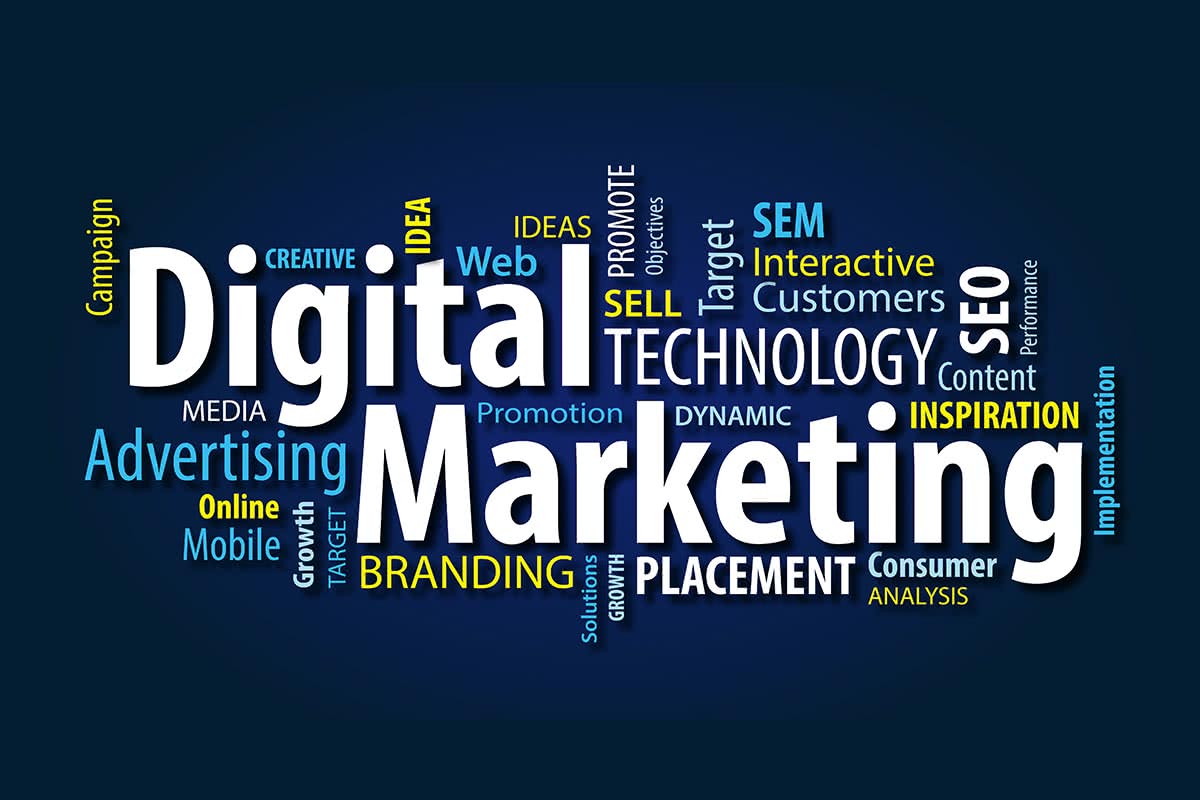
In an increasingly connected world, digital marketing has become an indispensable tool for businesses aiming to stand out in a competitive environment. While traditional marketing methods continue to have their place, digital marketing offers unique opportunities to reach, engage, and convert customers more effectively.
Visibility and Online Presence
One of the main advantages of digital marketing is its ability to enhance a business’s visibility online. With a well-defined digital marketing strategy, businesses can:
Optimize Their Search Engine Ranking (SEO)
SEO improves a website’s position on search engines, increasing its visibility to potential customers.
Utilize Online Advertising (SEA)
Paid ads on Google and social media target specific audiences based on their behaviors and interests, extending reach and awareness.
Engagement and Interaction with Customers
Digital marketing allows for direct interaction with customers, creating opportunities to:
Develop Personalized Relationships
Through marketing automation tools and customer relationship management (CRM) platforms, businesses can send personalized messages, special offers, and recommendations based on user behaviors.
Encourage Social Engagement
Social media platforms enable businesses to communicate directly with their customers, gather feedback, and respond to inquiries in real-time, helping to build an engaged community around the brand.
Performance Analysis and Measurement
Digital marketing offers powerful tools for measuring and analyzing campaign performance:
Tracking Key Performance Indicators (KPIs)
Businesses can monitor metrics such as conversion rates, cost per acquisition, and return on investment (ROI) to assess the effectiveness of their marketing efforts.
Analyzing User Behavior
Data collected from online interactions allow businesses to better understand customer preferences and behaviors, facilitating adjustments to marketing strategies.
Precise Targeting and Personalization
Digital marketing enables highly targeted audience engagement:
Targeted Advertising
Platforms like Google Ads and Facebook Ads offer detailed targeting options based on user demographics, interests, and online behaviors.
Content Personalization
Businesses can create content tailored to the specific needs and preferences of their market segments, increasing the relevance and impact of their messages.
Cost-Efficiency and Flexibility
Compared to traditional marketing methods, digital marketing is often more cost-effective and flexible:
Adjustable Budgets
Digital marketing campaigns can be adjusted in real-time based on performance and results, allowing for more efficient budget management.
Global Reach
Businesses can reach a global audience without the costs associated with traditional marketing methods like print or television advertising.
Competitive Advantages
In a saturated market, digital marketing helps businesses differentiate themselves from the competition:
Creation of Unique Content
Businesses can develop original and engaging content, such as blogs, videos, and infographics, positioning themselves as experts in their field.
Continuous Innovation
The rapid evolution of digital technologies and platforms encourages businesses to innovate and experiment with new approaches to attract and retain customers.
Conclusion
Digital marketing is essential for businesses looking to stand out in an increasingly competitive market. By providing opportunities to enhance visibility, engage customers, analyze performance, and personalize campaigns, it enables businesses to maximize their impact and achieve their commercial goals. By integrating effective digital marketing strategies, businesses can not only survive but thrive in today’s digital economy.
